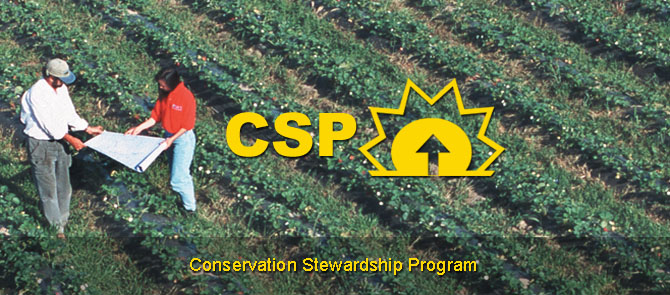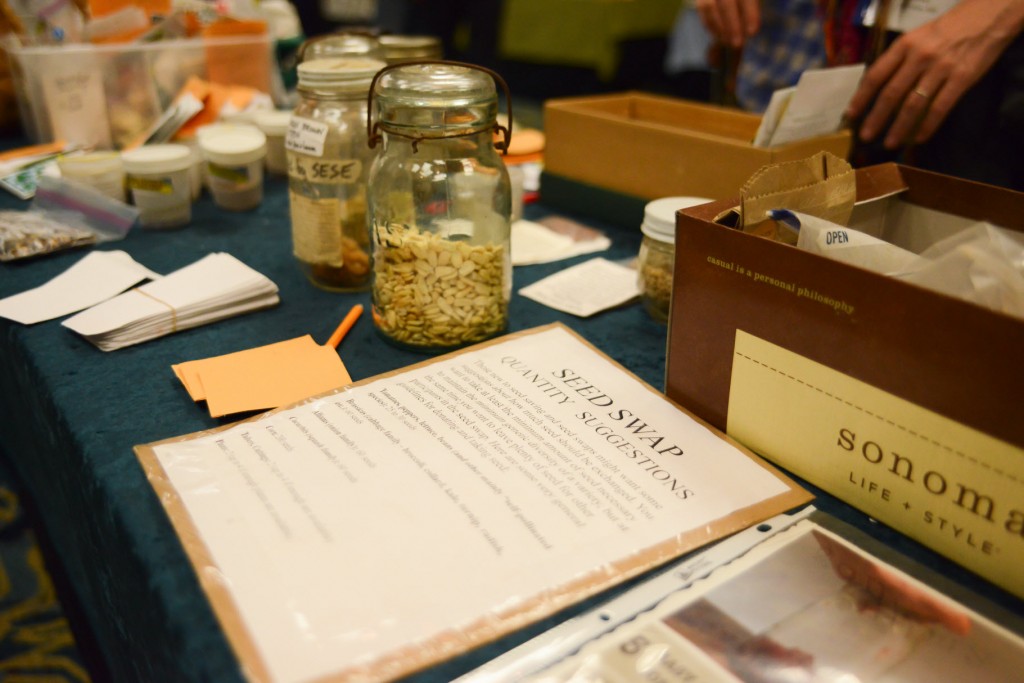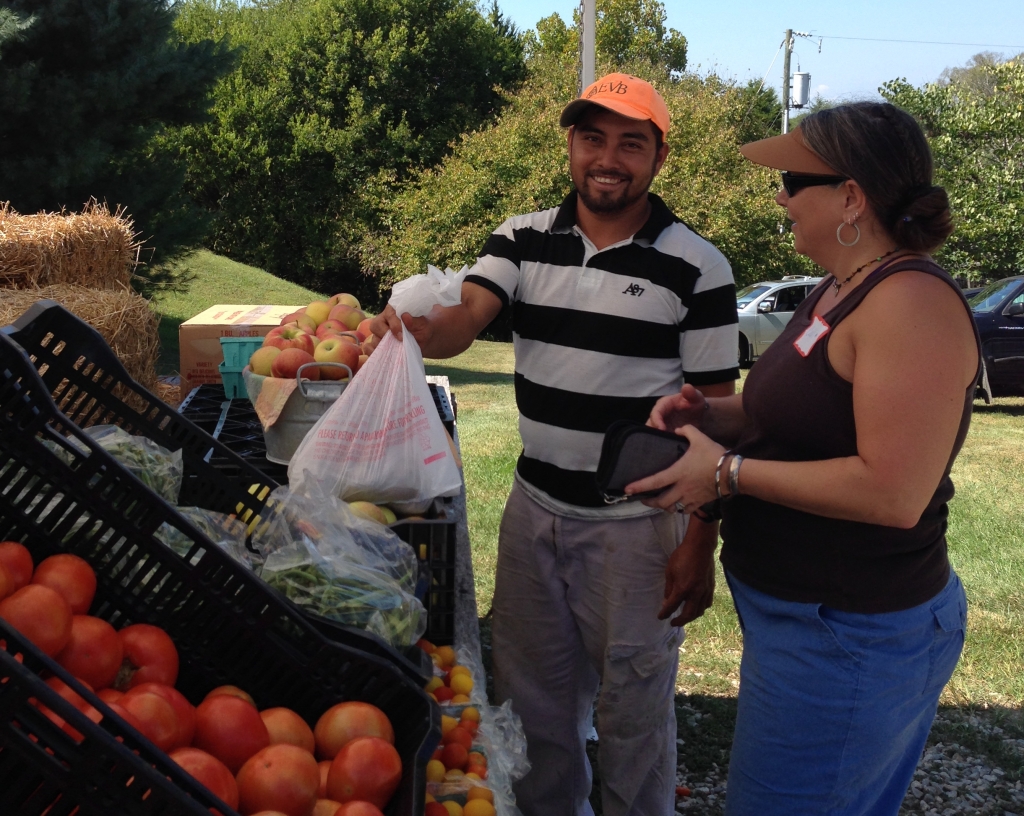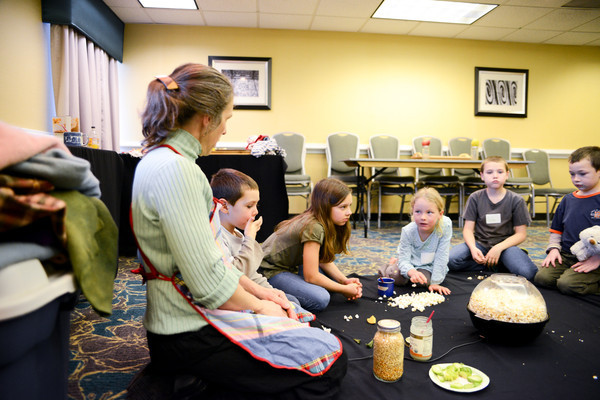By Mark Schonbeck
I attended the semi-annual National Sustainable Agriculture Coalition (NSAC) meeting in Iowa during the first week of August. This gave me a chance to get up to date on federal programs and policy developments for sustainable and organic agriculture, and what we can do to nudge things along in the right direction. Following are some highlights.
Promoting Racial Equity in Our Work and in the Food and Agriculture System
A truly sustainable and equitable system allows everyone to participate and contribute in a way that realizes their full and unique potential. Achieving and nurturing racial equity and removing all forms of structural racism are essential for the sustainability of our food and agricultural system, and of any organization working to improve our quality of life. Therefore, NSAC devoted two plenary sessions of its summer 2015 meeting to raising our consciousness about these issues. On Monday morning civil rights activist Shirley Sherrod gave a historical snapshot of the impacts of federal farm policy on farmers of color. On Wednesday morning, facilitator Tamara Jones led us in reviewing, pondering, and fine-tuning a draft NSAC statement on racial equity in the food and farm system.
For more on this aspect of our meeting, and on a great farm tour we all enjoyed, visit the NSAC blog post.
Food system integrity and labeling of genetically engineered (GMO) foods
Although the Food System Integrity committee of NSAC has been mostly occupied with the Food Safety Modernization Act (more below), this committee also covers issues related to GMO food. Several NSAC member organizations have engaged in campaigns to stop the Pompeo bill (HR 1599), recently passed by the house and deceptively called the Safe and Accurate Food Labeling Act, which would prohibit any state, county, or municipality from requiring GMO-containing foods to be labeled, or otherwise regulating GMO food crops. More aptly dubbed by opponents the Deny Americans’ Right to Know (DARK) Act, this bill goes next to the Senate, where we need to rally together to defeat it.
What you can do: Contact our two Senators, Mark Warner (202-224-2023) and Tim Kaine (202-224-4024) and urge them to oppose any Senate version of a bill that would deny states’ rights to require labeling of GMO foods.
Conservation Stewardship Program
The Conservation Stewardship Program (CSP) is intended to remunerate the best farm stewards for their public service and support them to further improve their farms’ ecological footprints. However, the program has not realized its potential for several reasons. Because current ranking and payment criteria greatly emphasize newly adopted practices over maintenance of ongoing conservation, those farmers who have historically been the best conservationists are placed at a disadvantage in relation to those who sign up in order to initiate better conservation. In addition, with CSP contract payments averaging just $18 per acre, farmers operating small, diversified, intensively managed farms do not find it worthwhile to enroll in CSP, yet high level conservation on these farms could have a substantial impact on environmental quality as well as soil health and overall farm sustainability.
This year, the Natural Resources Conservation Service (NRCS) is undertaking a “CSP Refresh” – a thorough overhaul of the program for 2016 and beyond. Although decisions will be made at the national level, now is the time to bring our ideas, recommendations, and concerns to state NRCS offices.
Some ways to improve the program include:
- Equalize emphasis on existing and new conservation activities in ranking and payments.
- Adopt a per-farm minimum contract payment of $1500 per year.
- Close existing loopholes that allow some larger farms to receive two or three times the statutory limit of $40,000 per year.
- Offer financial support for comprehensive (whole farm) conservation planning through CSP.
What you can do: If you have used the CSP, or if you applied for CSP but were turned down, or if you considered applying but decided not to do so, tell your story! We need to let NRCS know how the current CSP seems from the farmers’ viewpoint, and what the barriers are to effective participation. Contact Mark Schonbeck (mark@abundantdawn.org) and Greg Fogel (gfogel@sustainableagriculture.net) with your story.
Seeds and Breeds
We all know how important the genetic commons are for the future of our food and agricultural system. With the rise of privatized, genetically engineered crop varieties and the decline classical (whole plant, non-GMO) plant breeding and public cultivar development, more and more farmers, researchers, and advocates are calling for renewed funding and support for these time-honored approaches to providing farmers with the seeds they need for their regions, farming systems, and markets.
Some promising recent developments include:
- In March 2014, plant breeders and advocates in the Seeds and Breeds for 21st Century Agriculture Coalition held a Summit in Washington, DC. The Proceeding (289 pp) recommend steps to restore funding and institutional capacity for developing farmer-ready, public cultivar and animal breeds; to empower farmers to save and select their own seeds; to link producers with scientists in participatory breeding endeavors; and to strengthen and democratize germplasm collections.
- During 2014-15, the Research, Education, and Extension committee of NSAC formed a Seeds and Breeds subcommittee to advocate for public cultivar development within USDA and on Capitol Hill. This subcommittee has drafted language for the next (2018) Farm Bill, aimed at creating a coordinated USDA program in public cultivar development, funded at $50 million per year.
- The Agriculture and Food Research Initiative (AFRI), USDA’s largest competitive grants program, has included a Plant Breeding program priority for the past several years, but the 2015 Request for Applications (RFA) includes under this priority genomics and other high-tech basic research that may not yield practical outcomes for producers. NSAC has submitted comments urging AFRI to sharpen the program’s focus on public cultivar development in the 2016 RFA.
- The Senate Agriculture Appropriations bill for 2016 includes “report language” asking AFRI to include a separate Request for Applications for public cultivar and animal breed development, and to report to Congress its plans for doing so. NSAC included this recommendation in its comments on the 2015 RFA.
- Finally, the USDA Organic Research and Extension Initiative (OREI) has funded a number of excellent farmer-participatory plant breeding projects that have turned out dozens of new farmer-ready public cultivars. One project yielded some 25 new varieties on a budget under $1 million, putting the lie to the claim by biotech firms that “classical” breeding is not as efficient as genetic engineering and other high tech methods (which often cost $50 million per new variety).
How you can help: Have you participated in and/or benefited from a farmer-scientist participatory breeding network? Have you encountered crop variety needs (disease resistance, market qualities) that are not met by currently available cultivars? Or have you found your seed purchasing options restricted by the dominance of the seed industry by GMO and/or patented varieties. Tell us your story! Contact Mark and Juli Obudzinski at NSAC. Your input will lend weight to our advocacy with both USDA and Congress for more effective and better funded public cultivar development.
Food Safety Modernization Act and Food Safety Training
The NSAC Food Systems Committee continues to work closely with FDA to ensure that the final rules for produce safety and food facilities do not create unwarranted barriers for smaller, diversified family farms and food businesses. In addition to closely examining new draft rules as they emerge, the committee is working to ensure that USDA funded training programs meet the needs of farmers at all scales.
Watch for future announcements regarding FSMA rules, how to know whether your operation is affected and how, and training opportunities to help you meet requirements with minimum cost and effort.
Farm to School Act of 2015
The Child Nutrition Reauthorization (CNR) is slated for completion in Congress by the end of this year. Several Senators and Representatives have introduced the Farm to School Act of 2015, which would, if included in the CNR, increase annual funding for USDA Farm to School grants from $5 million to $15 million. It would also expand the scope of the program to include preschool and summer feeding programs. The SustainFloyd farm to school program is one example of a successful program that has received USDA funding to expand its reach, including launching a robust sustainable agriculture curriculum at the public high school in Floyd County.
What you can do: We need more Republican co-sponsors for this bill, especially in the House of Representatives. If your Representative is Republican, contact him/her (or their staff) to ask if they would co-sponsor this bill. Give examples of how farm-to-school programs can benefit farmers, schoolchildren, and others in the district.









